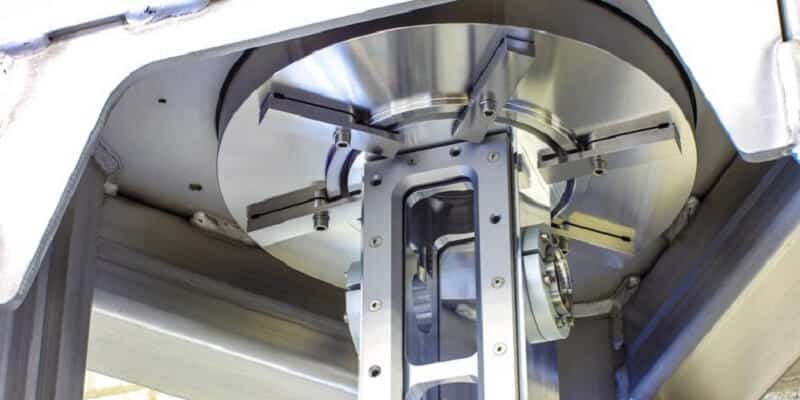Participants will acquire a mix of conceptual background, do's and don't s and practical insights via lectures combined with individual and group assignments.
The training focuses on the fundamental principles concerning the behavior of mechanisms and how this behavior can be predicted and improved. The learning goal is that after the training the participants are able to recognize, identify and evaluate the fundamental aspects concerning the behavior of mechanical designs.
This training is available for open enrollment as well as for in-company sessions.
Objective
After the course, participants understand the fundamental challenges of precision engineering, recognize and judge potential problem areas, identify alternative solutions and make appropriate design choices.
Target audience
This course is intended for all engineers involved in mechanical, mechatronic and system design who want to be able to recognize and analyze mechanisms with a predictable and reproductive behavior. It is recommended that participants already have a Bachelor or Master education in mechanical engineering, mechatronics, physics, or equivalent practical experience. The course attracts participants from both the Netherlands and abroad, creating an international atmosphere that fosters valuable knowledge exchange. If you're traveling from outside the country, you can find useful travel information here.
Program
In 5 days of training the following topics are treated:
- The role of stiffness and compliance in mechanisms and how to evaluate these mechanisms
- Controlling `Degrees Of Freedom’
- Optimal use of elastic elements
- Friction, hysteresis and micro slip
- Real and virtual play
- How to realize damping
- Balancing of manipulators
The training material originally has been developed by Prof. Ir. W. van der Hoek (Philips and TU Eindhoven from 1962 till 1984) and Prof. Dr. Ir. M.R. Koster (Philips, TU Eindhoven and TU Twente from 1984 till 2008).
During the course many hand models are presented helping to explain the fundamental theory behind the subjects.
Continuity
It was Prof. Ir. W.van der Hoek who started to build an approach for designing mechanisms in such a way that the behaviour of these mechanisms could be predicted without the need for complex calculations. He developed and taught this approach at the Centre For Technology of the Philips Company and at the Mechanical Engineering Department of the Technical University of Eindhoven and succeeded in inspiring a whole generation of mechanical engineers. It has been and still is our intention to achieve continuity in the training of engineers in this approach.
Methods
Certification
There is no formal exam and consequently the participants receive a certificate of participation. The training is set up as a workshop with exercises during which the participants can show whether they master the concepts or whether some additional explanation is required.
This course is certified by the European society for precision engineering & nanotechnology (euspen) and the Dutch Society for Precision Engineering (DSPE) and leads to the ECP2-certificate.


More information
Remarks from participants







